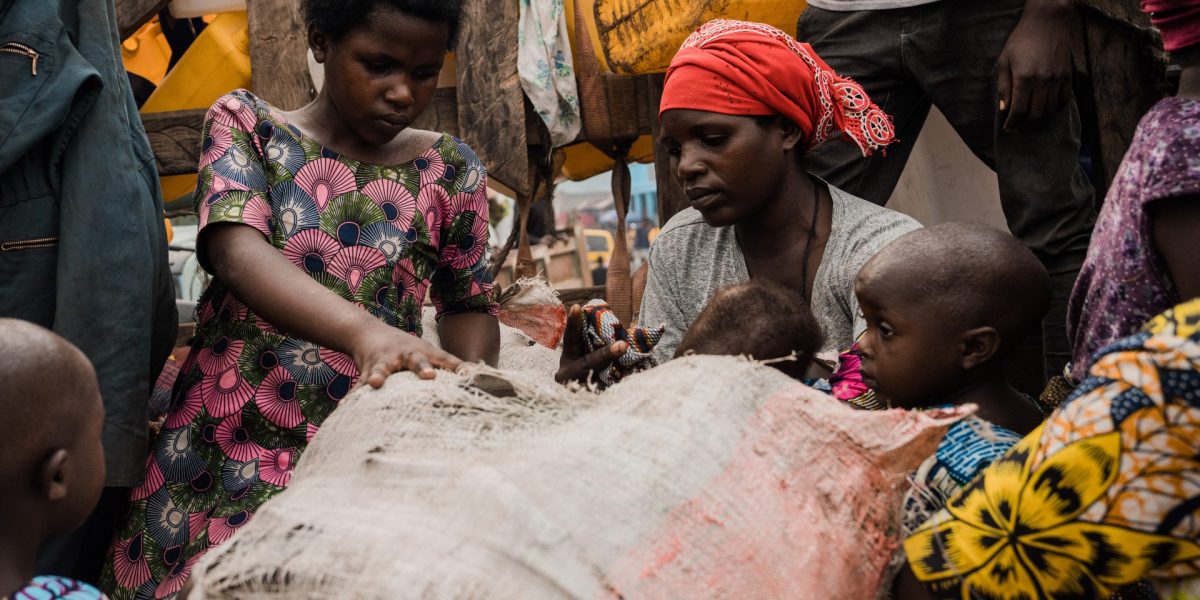SAJIA Volume 32.3 is now available on the Taylor and Francis website. The issue brings together a wide-ranging set of articles examining topics ranging from the economic impact of Sudan’s war, peace enforcement strategies in West and East Africa, and migration dynamics across the continent.
The article on Sudan considers the impact of the armed conflict in Sudan since 2023 on export and import flows. Taking into account the scarcity of data by looking at ‘mirrored trade data’, the authors tested the hypothesis that a 50% decline in Sudan’s formal trade was met by an increase in informal trade, noting China’s increased imports of Sudan’s mineral fuels and oil in 2023 as well as the sudden increase in exports from neighbouring states of gum arabic – a highly prized commodity by developed states – despite their limited supply domestically.
The role of the EU in building peace enforcement partnerships in Mozambique through its Common Security and Defence Policy was unpacked in another article, which found that while in other African contexts the EU Training Missions produced notable results, this was not the case in Mozambique. The lack of provision of lethal equipment to an army which owned what one interlocutor in the study described as ‘archaic weapons’ sold by former Warsaw Pact countries, was one proposed reason for this failure. In another more granular look at the ongoing conflict in northern Mozambique, the article on the effects of violence in Cabo Degado on cross-border links and community resilience suggests that current approaches to stop the violence by closing borders between Mozambique and Tanzania had proved counterproductive in the efforts to reduce recruitment by the Islamic State branch operating in that region.
Changing focus from East to West Africa, another contribution discussed the record on the protection of civilians during peacekeeping operations in the DRC, finding that the three years in which the Special Forces Task Force was introduced under the UN peacekeeping operations showed promise. Unfortunately, this was shortlived for several reasons explored in the article.
Finally, migration was the focus of two articles, one on the differences in push factors driving migration in West compared to East Africa, and the other on narratives driving migration policy in Ghana, Kenya and South Africa. The latter author found that international neoliberal and nationalist normative contestations over migration driving an anti-immigrant narrative were evident in the six cities under study in the article.
A number of informative and thought-provoking book reviews conclude the issue.
Research Articles
Analysing the impact of the Sudan armed conflict (2023) on export and import dynamics
By Niematallah E A Elamin
By Ana Carina Franco and Luís Manuel Brás Bernardino
By Stephen Buchanan-Clarke, Craig Moffat and João Feijó
By Josias Marcos de Resende Silva
By Gema Gómez Álvaro and Raquel Caro Carretero
By Surulola Eke
Book Reviews
Securing Peace in Angola and Mozambique: The Importance of Specificity in Peace Treaties, by Miranda Melcher
Reviewed by Victor Igreja
Delayed Transitional Justice: Lessons from Spain, Brazil, and Uruguay, by Mariana S. Mendes
Reviewed by Claire-Anne Lester
The Poisoned Chalice of US Democracy: Studies from the Horn of Africa, by John Young
Reviewed by Claire Bosman
Quasi-Armies and State-Building in Africa: Towards a Global Understanding of Civil-Military Relations, by Olaf Bachmann
Reviewed by Fisayo Ajala
The Once and Future World Order: Why Global Civilization Will Survive the Decline of the West, by Amitav Acharya
Reviewed by J Brooks Spector








